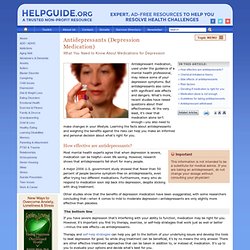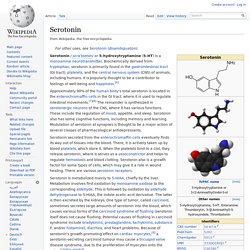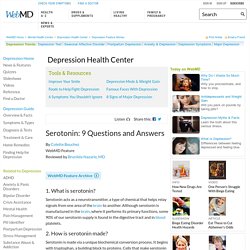

Brainwashing Techniques You Encounter Every Day (and How to Avoid Them) The Case For An Older Woman. "Women older than me keep messaging me.

Sorry, but that is not going to happen. "—recent feedback from a male user The above comment is typical. As it is, men between 22 and 30—nearly two-thirds of the male dating pool—focus almost exclusively on women younger than themselves. I'll be investigating this phenomenon today, with gusto and charts. Because it has been a successful way to introduce previous posts, I wanted to put real faces on this demographic before I delve into a bunch of numbers. It's no secret that dating changes radically as you get older. The bar chart here shows how the woman to man ratio changes over time. Of course, we all know that 45 year-olds do have a much harder time, because the male fixation on youth distorts the dating pool. As you can see, a man, as he gets older, searches for relatively younger and younger women.
A man's bias toward younger women becomes even more evident when we overlay his stated preferences with his actual messaging habits. Often, we are what we were. Ask babies who they are, and they’ll babble something that seems nonsensical.

Turns out, they’re onto something. Jerome Kagan, a developmental psychologist and the Daniel and Amy Starch Professor of Psychology Emeritus, has spent the past 30 years of his lengthy career studying the temperaments of those little people, which originate in a child’s unique biology, along with the experiences that shape their personalities. Antidepressants: What You Need to Know About Depression Medication. How effective are antidepressants?

Important This information is not intended to be a substitute for medical advice. If you are taking an antidepressant, do not change your dosage without consulting your physician! Most mental health experts agree that when depression is severe, medication can be helpful—even life saving. However, research shows that antidepressants fall short for many people. A major 2006 U.S. government study showed that fewer than 50 percent of people become symptom-free on antidepressants, even after trying two different medications. Other studies show that the benefits of depression medication have been exaggerated, with some researchers concluding that—when it comes to mild to moderate depression—antidepressants are only slightly more effective than placebos. The bottom line If you have severe depression that’s interfering with your ability to function, medication may be right for you. Is depression caused by a chemical imbalance in the brain? Serotonin. Serotonin /ˌsɛrəˈtoʊnɨn/ or 5-hydroxytryptamine (5-HT) is a monoamine neurotransmitter.

Biochemically derived from tryptophan, serotonin is primarily found in the gastrointestinal tract (GI tract), platelets, and the central nervous system (CNS) of animals, including humans. It is popularly thought to be a contributor to feelings of well-being and happiness.[6] Serotonin secreted from the enterochromaffin cells eventually finds its way out of tissues into the blood. There, it is actively taken up by blood platelets, which store it. When the platelets bind to a clot, they release serotonin, where it serves as a vasoconstrictor and helps to regulate hemostasis and blood clotting. In addition to animals, serotonin is found in fungi and plants.[10] Serotonin's presence in insect venoms and plant spines serves to cause pain, which is a side-effect of serotonin injection.
Functions[edit] Receptors[edit] Gauge of food availability (appetite)[edit] Serotonin and Depression: 9 Questions and Answers. 1.

What is serotonin? Serotonin acts as a neurotransmitter, a type of chemical that helps relay signals from one area of the brain to another. Although serotonin is manufactured in the brain, where it performs its primary functions, some 90% of our serotonin supply is found in the digestive tract and in blood platelets. 2. How is serotonin made? Serotonin is made via a unique biochemical conversion process. 3. As a neurotransmitter, serotonin helps to relay messages from one area of the brain to another.
In terms of our body function, serotonin can also affect the functioning of our cardiovascular system, muscles, and various elements in the endocrine system. 4. There are many researchers who believe that an imbalance in serotonin levels may influence mood in a way that leads to depression. One theory about how depression develops centers on the regeneration of brain cells -- a process that some believe is mediated by serotonin, and ongoing throughout our lives.